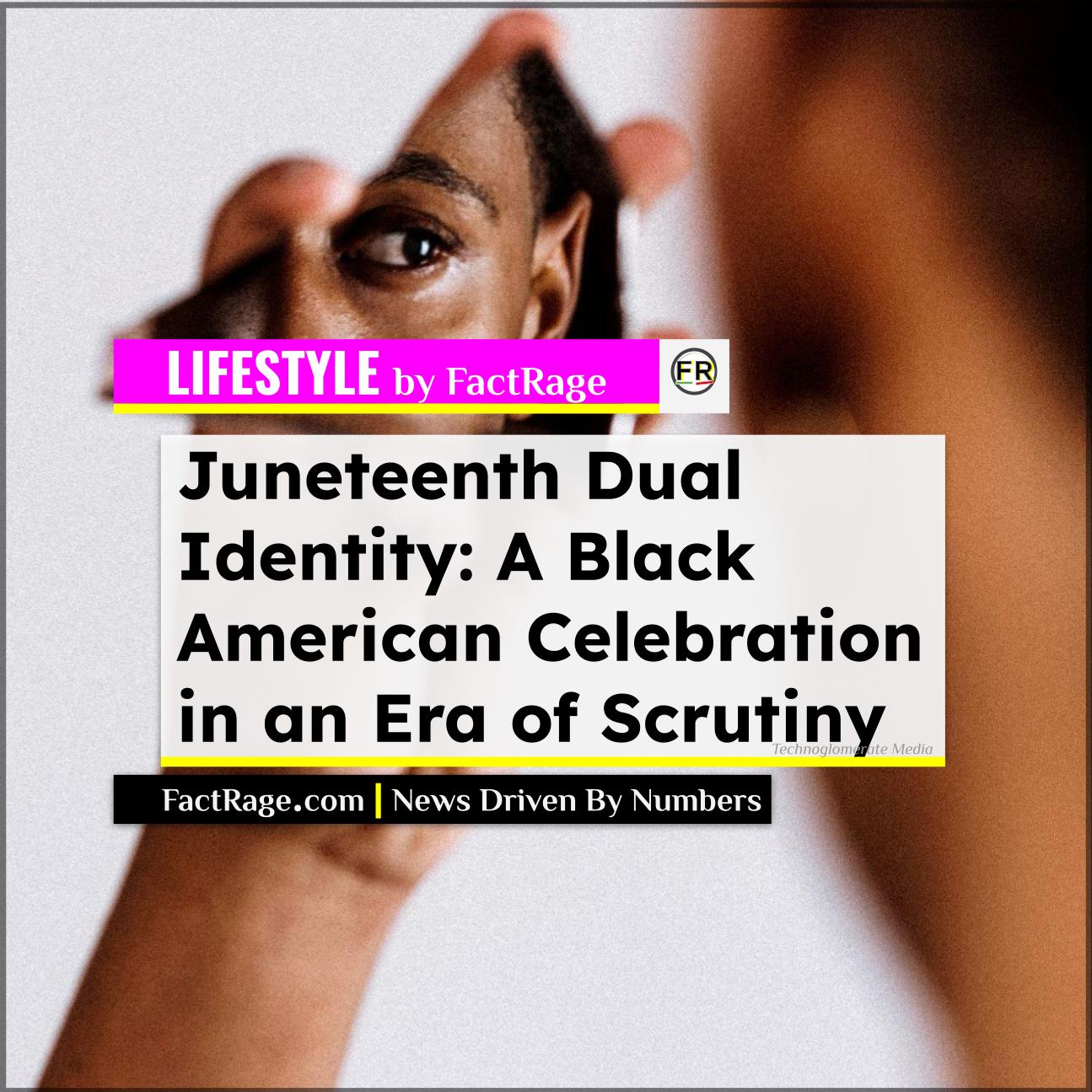WASHINGTON, DC – As Americans observe Juneteenth, the nation’s newest federal holiday, its dual identity as both a cornerstone of Black history and a day for all citizens is coming into sharp focus amid a shifting political landscape.
Key Facts
- A Texas Origin Story – Juneteenth commemorates June 19, 1865, when Union soldiers informed enslaved African Americans in Galveston, Texas, of their freedom, over two years after the Emancipation Proclamation.
- A National Holiday’s Test – Made a federal holiday in 2021, the day now calls for national observance, creating a conversation about how all Americans can respectfully celebrate a day with deep, specific roots in the Black community.
- A Quieter Commemoration – The current administration has curtailed official White House-led celebrations for the holiday, in line with executive orders to roll back federal Diversity, Equity, and Inclusion (DEI) programs.
The day celebrates the end of slavery in the United States, but just four years after its establishment as a national holiday, its place in the American calendar is highlighting a broader conversation about how the nation tells its own history.
From Emancipation in Texas to a Federal Law

For 156 years, Juneteenth was a day of profound significance primarily within the Black American community. It began as a grassroots celebration of liberation in Texas and spread across the country as families migrated. The celebrations, often involving prayer, family gatherings, and historical reflection, were an heirloom passed down through generations, marking what is often called America’s “second Independence Day.”
In 2021, this tradition was codified into federal law with the passage of the Juneteenth National Independence Day Act. The near-unanimous bipartisan support for the bill elevated the day into the pantheon of American federal holidays, legally placing it alongside days like the Fourth of July and Memorial Day. This act transformed Juneteenth from a culturally specific celebration into a national day of observance.
A Day for All Americans Comes with Questions
The holiday’s federal status poses a unique question for the country: How does a nation of diverse backgrounds respectfully join in a celebration with such specific and deep cultural origins? Unlike holidays that have had decades to develop national traditions, Juneteenth is new to the vast majority of Americans.
Its designation invites all citizens to reflect on the end of slavery and the ongoing pursuit of “absolute equality” that was proclaimed in General Order No. 3 on that first Juneteenth. For many, this presents an opportunity for education and a more complete understanding of American history. The challenge, as highlighted by community leaders and commentators, is to do so without erasing or appropriating the cultural significance and traditions that sustained the holiday for over a century.
Observance in a New Political Climate
This year, the national observance is unfolding within a different political context. The White House has scaled back official, federally-sponsored Juneteenth events. This action aligns with executive orders signed in early 2025 aimed at terminating DEI-related programs across the federal government.
While these orders do not remove Juneteenth as a paid federal holiday, they have ended the practice of official commemorations for it and other observances described by the administration as “identity-based.” This quieter approach from the federal government’s executive branch has placed a new spotlight on the holiday, emphasizing the ongoing national dialogue about what Juneteenth means—not just as a memory of the past, but as a marker for the present.














